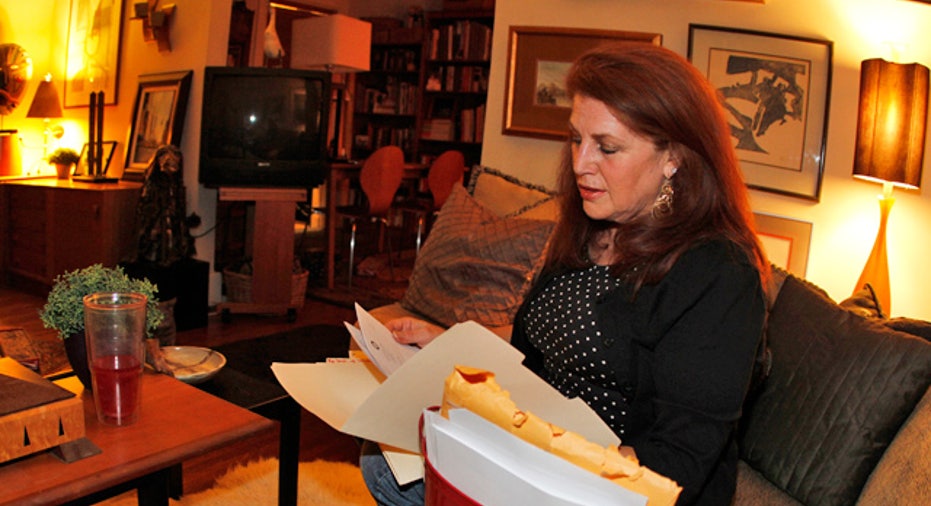Chain Saw Massacre: When Trees go Down, Whose Insurance Picks up the Tab?

When a tree goes down, you're probably wondering who will pay for the cleanup and any necessary repairs. The answer is: “It depends.”
You'll need to check your homeowner insurance policy, says Chris Hackett, director of personal lines for the Property Casualty Insurers Association of America (PCI). If a tree doesn't do any damage, your policy isn't likely to pay for its removal. To qualify for a claim, the fallen tree must have caused damage to structures that are outlined in your home insurance documents.
"If your tree falls over in the middle of your backyard and it doesn't knock over a fence or hit the roof of your house, you're on your own," he says.
Some home insurance policies will cover removal if the tree falls and it blocks your driveway. It may kick in if you are disabled and the tree is blocking the ramp you use to access your home. In these cases, Hackett says, typical home policies will cover up to $1,000 for tree removal following a storm.
“So if you had two trees fall in the storm, you could get up to $500 for the removal of each of them," he says. The $1,000 limit typically will apply regardless of the number of fallen trees for any one loss, but you should read your policy carefully to be sure.
Home insurance for downed trees
Here are some additional falling-tree scenarios and explanations of what is and isn't likely to be covered by home insurance companies:
*A tree on your property damages your home's roof, detached garage or tool shed. Your policy should cover the cost of removing the tree and repairing the damage to your house or other detached structures, says Tracey King, a spokesperson for the Allstate Insurance Co.
*A tree blows over in a storm and damages your car in the driveway. The damage should be covered under your car insurance, King says. It would fall under comprehensive insurance, which pays for damage to your vehicle from causes other than car accidents, including natural disasters.
*A tree on your property falls and damages your neighbor's house, shed or car. Your neighbor should file a claim under his home and/or auto insurance, King says. However, if the tree was dying and your neighbor had warned you about it, you could be liable, she says. If a neighbor's tree falls on your property and damages your house, you can make a claim and your insurance should pay, Hackett says. If you or your insurance company believe your neighbor is responsible because he created a hazard by not taking care of his trees, your insurance company might try to recover the claim cost from your neighbor's policy.
*A tree from your yard falls into the street. This depends on your municipality, King says. Some towns will remove the tree and some will ask you to do it. "The public works department where you live may come out and remove it since it is a public thoroughfare and not on anyone's personal property," Hackett says.
Work with your insurance company
Whatever you do, King says, don't make assumptions about the coverage your insurance company provides. Work with the insurance adjusters so they can assess liability. You may have a deductible in your policy, which is the amount that will be deducted from the claim payment. "Deductibles all differ based on your policy and what you select for your coverages," King says.
Document losses for insurance claims
Document your tree damage with photos or videos if you can, King says. If you have any information about the tree's history or condition, provide that to your carrier as well. "That way they can apply the provisions and coverages in your policy appropriately."
The original article can be found at Insure.com:Chain saw massacre: When trees go down, whose insurance picks up the tab?



















